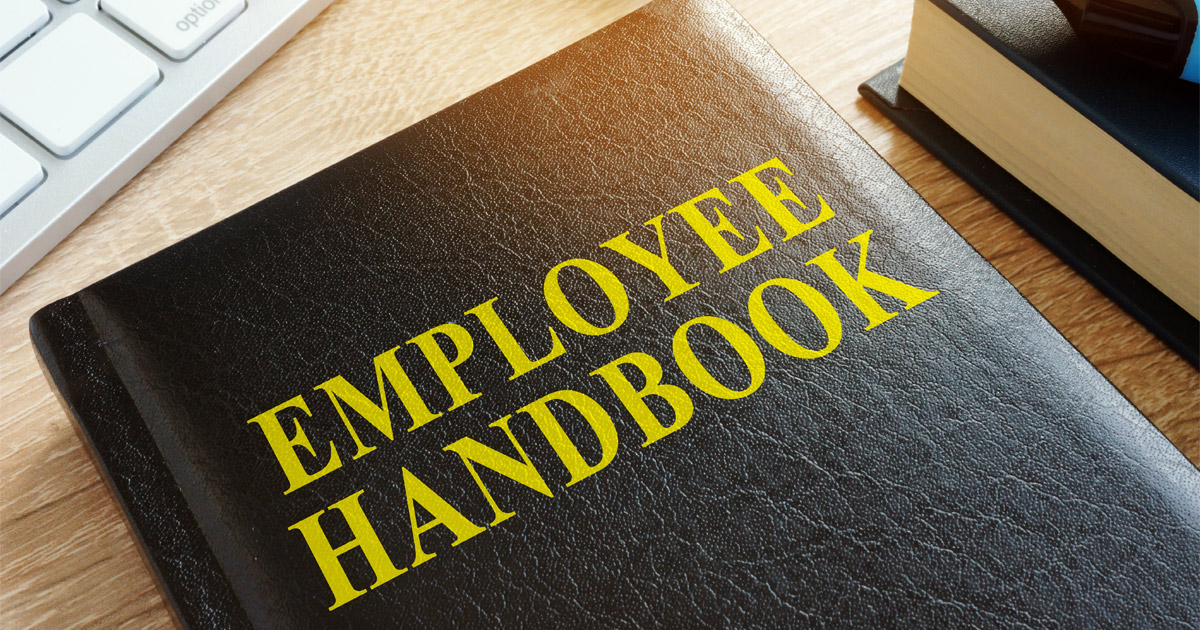It is not unheard of for two people to meet at work and become romantically involved. In fact, according to a survey by CareerBuilder, about 36 percent of workers have dated a co-worker. The study also says that 30 percent of those workplace romances lead to marriage. Those statistics suggest that an outright ban on workplace dating is likely to find resistance from workers. However, employers have real concerns that make a good case for being proactive about mitigating their liability for what may happen if a workplace romance presents certain foreseeable problems.
How Might a Co-Worker Romance Present a Problem for the Employer?
Whenever two people get together romantically, there are no guarantees that it will work out. A budding office romance can create a fun and flirtatious atmosphere that may turn to a nasty and uncomfortable environment if the relationship ends on a sour note. The consequences of a workplace breakup might involve one former love interest or the other attempting to sabotage the other out of spite or romantic jealousy. If one co-worker refuses to accept that the relationship is over, charges of sexual harassment and a hostile work environment may ensue.
Such unpleasantness may affect office morale that impacts not only the two people involved in the relationship, but also other co-workers. Other employees may be caught in the crosshairs.
Yet, other co-workers may be affected negatively even if the couple is going strong. For example, if one half of the couple is shown favoritism by the other, by-standing co-workers may feel passed over if the relationship influences an employment decision that rewards a romantic partner in lieu of other prospective candidates.
What Actions Can Be Taken to Address the Concerns of Other Employees?
The main concern for employers with regard to the effects on other employees has to with morale and perceived favoritism. Workers may see it as unfair if a co-worker who is dating a supervisor gets picked for a promotion. One way to avoid that is for the company policy to state that the couple’s work arrangement must be reconfigured to ensure that one partner is not directly reporting to the other.
What Else Can an Employer Do to Lessen the Risk of Employee Relationships?
Forbidding workers from dating is technically legal, but it is likely to be unpopular. It is also likely to prove difficult to enforce. Instead, it can be helpful for employers to create and enforce a company dating policy.
A dating policy can involve things such as the following:
- Discouraging dating between employees without explicitly prohibiting it.
- Prohibiting employee dating that involves one of the romantic partners in a position of authority over the other.
- Prohibiting dating couples from working together directly.
- Mandating the disclosure of any relationships and insisting that both parties agree in writing that they entered the relationship willingly, without being coerced. They should also attest that they understand the company policy, including rules and reporting procedures for sexual harassment, and promise to conduct themselves professionally.
Marlton Employment Lawyers at Burnham Douglass Assist Clients with Claims against Their Employers
If you have been the victim of sexual harassment in the workplace, you have legal recourse to force your employer to address the unfair treatment by making changes to fix the problem or by making restitution for the losses caused by their inaction. The Marlton employment lawyers at Burnham Douglass can help you understand how anti-discrimination and anti-harassment laws should protect you, and what can be done now to address the damages you suffered as a result of workplace sexual harassment. Contact us online or call us at 856-751-5505 for a free consultation. We are located in Marlton and Northfield, New Jersey, and we serve clients throughout South Jersey, including Camden County, Burlington County, Atlantic County, Gloucester County, and Mercer County.


